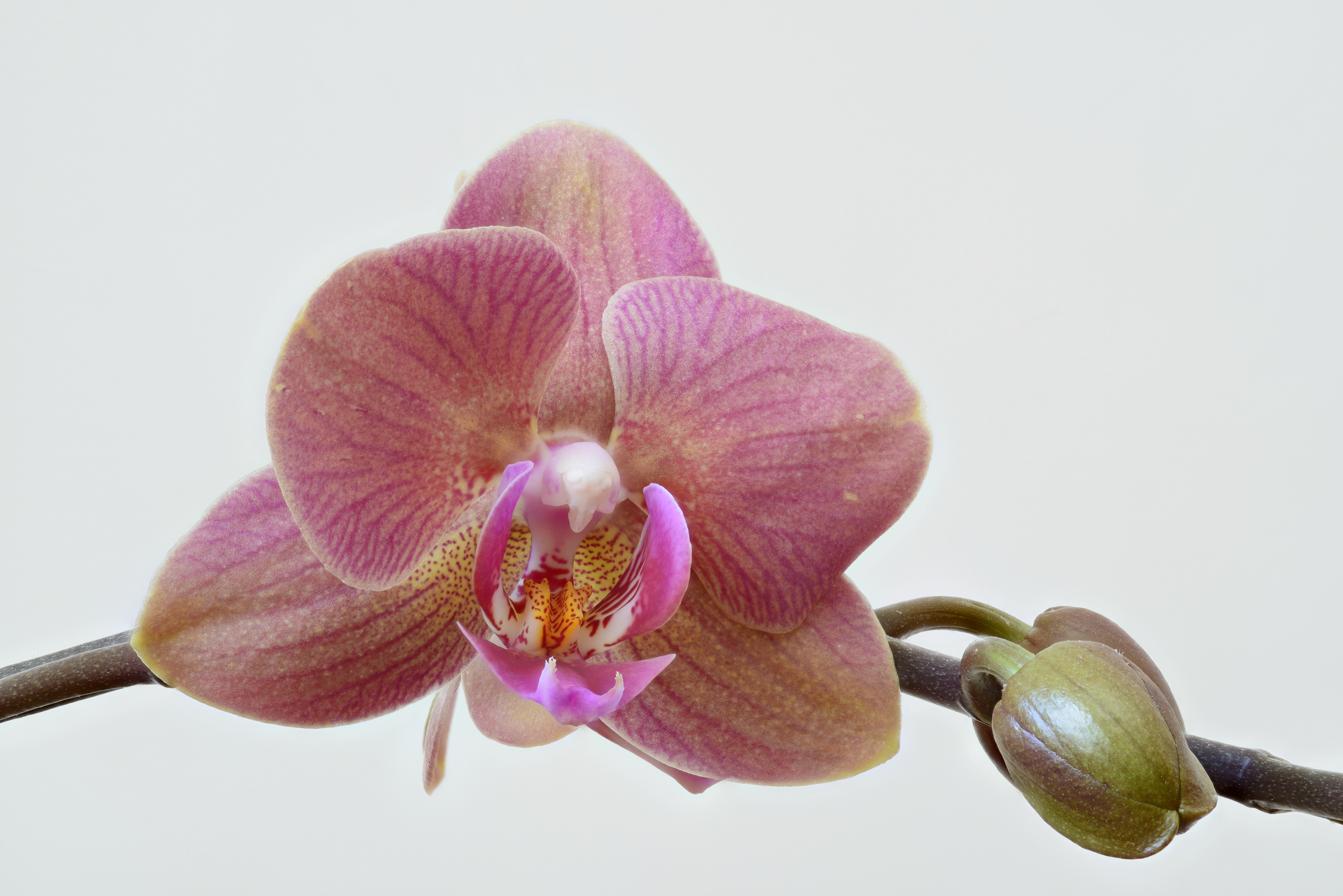|
Cribbia
''Cribbia'' is a genus of flowering plants from the orchid family, Orchidaceae. See also * List of Orchidaceae genera This is a list of genera in the orchid family ( Orchidaceae), originally according tThe Families of Flowering Plants- L. Watson and M. J. Dallwitz. This list is adapted regularly with the changes published in the ''Orchid Research Newsletter'' whi ... References * Pridgeon, A.M., Cribb, P.J., Chase, M.A. & Rasmussen, F. eds. (1999). Genera Orchidacearum 1. Oxford Univ. Press. * Pridgeon, A.M., Cribb, P.J., Chase, M.A. & Rasmussen, F. eds. (2001). Genera Orchidacearum 2. Oxford Univ. Press. * Pridgeon, A.M., Cribb, P.J., Chase, M.A. & Rasmussen, F. eds. (2003). Genera Orchidacearum 3. Oxford Univ. Press * Berg Pana, H. 2005. ''Handbuch der Orchideen-Namen. Dictionary of Orchid Names. Dizionario dei nomi delle orchidee''. Ulmer, Stuttgart External links * Vandeae genera Angraecinae {{Vandeae-stub ... [...More Info...] [...Related Items...] OR: [Wikipedia] [Google] [Baidu] |
List Of Orchidaceae Genera
This is a list of genera in the orchid family ( Orchidaceae), originally according tThe Families of Flowering Plants- L. Watson and M. J. Dallwitz. This list is adapted regularly with the changes published in the ''Orchid Research Newsletter'' which is published twice a year by the Royal Botanic Gardens, Kew. The most up to date list of accepted; genera, natural nothogenera, species and natural nothospecies with their synonyms can be found on the World Checklist of Selected Plants FamilieSearch Pagepublished by the Royal Botanic Gardens, Kew. This list is reflected on Wikispecies Orchidaceae and the new eMonocot websitOrchidaceae Juss. This taxonomy undergoes constant change, mainly through evidence from DNA study. Orchids were traditionally defined by morphological similarity (structure of their flowers and other parts). However, recent changes to nomenclature have been driven primarily by DNA studies and also by re-examination of herbarium specimens. This has led to a reductio ... [...More Info...] [...Related Items...] OR: [Wikipedia] [Google] [Baidu] |
Genus
Genus ( plural genera ) is a taxonomic rank used in the biological classification of extant taxon, living and fossil organisms as well as Virus classification#ICTV classification, viruses. In the hierarchy of biological classification, genus comes above species and below family (taxonomy), family. In binomial nomenclature, the genus name forms the first part of the binomial species name for each species within the genus. :E.g. ''Panthera leo'' (lion) and ''Panthera onca'' (jaguar) are two species within the genus ''Panthera''. ''Panthera'' is a genus within the family Felidae. The composition of a genus is determined by taxonomy (biology), taxonomists. The standards for genus classification are not strictly codified, so different authorities often produce different classifications for genera. There are some general practices used, however, including the idea that a newly defined genus should fulfill these three criteria to be descriptively useful: # monophyly – all descendants ... [...More Info...] [...Related Items...] OR: [Wikipedia] [Google] [Baidu] |
Flowering Plant
Flowering plants are plants that bear flowers and fruits, and form the clade Angiospermae (), commonly called angiosperms. The term "angiosperm" is derived from the Greek words ('container, vessel') and ('seed'), and refers to those plants that produce their seeds enclosed within a fruit. They are by far the most diverse group of land plants with 64 orders, 416 families, approximately 13,000 known genera and 300,000 known species. Angiosperms were formerly called Magnoliophyta (). Like gymnosperms, angiosperms are seed-producing plants. They are distinguished from gymnosperms by characteristics including flowers, endosperm within their seeds, and the production of fruits that contain the seeds. The ancestors of flowering plants diverged from the common ancestor of all living gymnosperms before the end of the Carboniferous, over 300 million years ago. The closest fossil relatives of flowering plants are uncertain and contentious. The earliest angiosperm fossils ar ... [...More Info...] [...Related Items...] OR: [Wikipedia] [Google] [Baidu] |
Orchidaceae
Orchids are plants that belong to the family Orchidaceae (), a diverse and widespread group of flowering plants with blooms that are often colourful and fragrant. Along with the Asteraceae, they are one of the two largest families of flowering plants. The Orchidaceae have about 28,000 currently accepted species, distributed in about 763 genera. (See ''External links'' below). The determination of which family is larger is still under debate, because verified data on the members of such enormous families are continually in flux. Regardless, the number of orchid species is nearly equal to the number of bony fishes, more than twice the number of bird species, and about four times the number of mammal species. The family encompasses about 6–11% of all species of seed plants. The largest genera are ''Bulbophyllum'' (2,000 species), ''Epidendrum'' (1,500 species), ''Dendrobium'' (1,400 species) and ''Pleurothallis'' (1,000 species). It also includes ''Vanilla'' (the genus of the ... [...More Info...] [...Related Items...] OR: [Wikipedia] [Google] [Baidu] |
Vandeae Genera
The Vandeae is a large monophyletic tribe within the family of orchids. Scope This tribe contains 1,700 - 2,000 species in more than 150 genera. Epiphytic These orchids are pantropical epiphytes and occur in tropical Asia, the Pacific Islands, Australia and Africa. Many of these orchids are horticulturally important, especially ''Vanda'' and ''Phalaenopsis''. Subtribes This tribe is subdivided into four subtribes:Simo-Droissart, M., Plunkett, G. M., Droissart, V., Edwards, M. B., Farminhão, J. N., Ječmenica, V., ... & Stévart, T. (2018)"New phylogenetic insights toward developing a natural generic classification of African angraecoid orchids (Vandeae, Orchidaceae)."Molecular phylogenetics and evolution, 126, 241-249. *Subtribe Adrorhizinae *Subtribe Aeridinae (formerly, illegitimate subtribal name Sarcanthinae): largest subtribe with more than 1,000 species in 103 genera, including about 200 hybrid species; occurs mostly in Asia and Australia and with a few in Africa. They ... [...More Info...] [...Related Items...] OR: [Wikipedia] [Google] [Baidu] |


